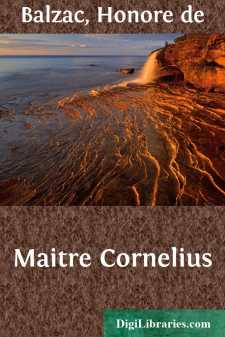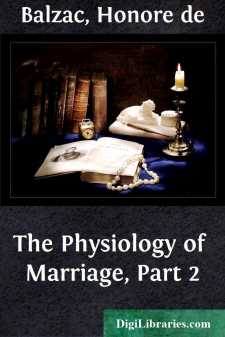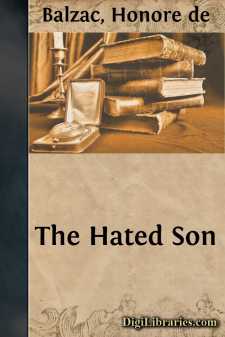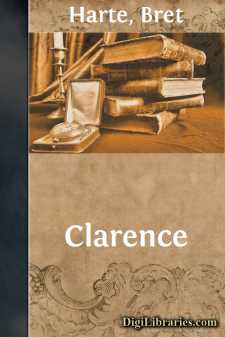Categories
- Antiques & Collectibles 13
- Architecture 36
- Art 48
- Bibles 22
- Biography & Autobiography 813
- Body, Mind & Spirit 142
- Business & Economics 28
- Children's Books 15
- Children's Fiction 12
- Computers 4
- Cooking 94
- Crafts & Hobbies 4
- Drama 346
- Education 46
- Family & Relationships 57
- Fiction 11829
- Games 19
- Gardening 17
- Health & Fitness 34
- History 1377
- House & Home 1
- Humor 147
- Juvenile Fiction 1873
- Juvenile Nonfiction 202
- Language Arts & Disciplines 88
- Law 16
- Literary Collections 686
- Literary Criticism 179
- Mathematics 13
- Medical 41
- Music 40
- Nature 179
- Non-Classifiable 1768
- Performing Arts 7
- Periodicals 1453
- Philosophy 64
- Photography 2
- Poetry 896
- Political Science 203
- Psychology 42
- Reference 154
- Religion 513
- Science 126
- Self-Help 84
- Social Science 81
- Sports & Recreation 34
- Study Aids 3
- Technology & Engineering 59
- Transportation 23
- Travel 463
- True Crime 29
Maitre Cornelius
by: Honore de Balzac
Categories:
Description:
Excerpt
CHAPTER I. A CHURCH SCENE OF THE FIFTEENTH CENTURY
In 1479, on All Saints' day, the moment at which this history begins, vespers were ending in the cathedral of Tours. The archbishop Helie de Bourdeilles was rising from his seat to give the benediction himself to the faithful. The sermon had been long; darkness had fallen during the service, and in certain parts of the noble church (the towers of which were not yet finished) the deepest obscurity prevailed. Nevertheless a goodly number of tapers were burning in honor of the saints on the triangular candle-trays destined to receive such pious offerings, the merit and signification of which have never been sufficiently explained. The lights on each altar and all the candelabra in the choir were burning. Irregularly shed among a forest of columns and arcades which supported the three naves of the cathedral, the gleam of these masses of candles barely lighted the immense building, because the strong shadows of the columns, projected among the galleries, produced fantastic forms which increased the darkness that already wrapped in gloom the arches, the vaulted ceilings, and the lateral chapels, always sombre, even at mid-day.
The crowd presented effects that were no less picturesque. Certain figures were so vaguely defined in the "chiaroscuro" that they seemed like phantoms; whereas others, standing in a full gleam of the scattered light, attracted attention like the principal heads in a picture. Some statues seemed animated, some men seemed petrified. Here and there eyes shone in the flutings of the columns, the floor reflected looks, the marbles spoke, the vaults re-echoed sighs, the edifice itself seemed endowed with life.
The existence of Peoples has no more solemn scenes, no moments more majestic. To mankind in the mass, movement is needed to make it poetical; but in these hours of religious thought, when human riches unite themselves with celestial grandeur, incredible sublimities are felt in the silence; there is fear in the bended knee, hope in the clasping hands. The concert of feelings in which all souls are rising heavenward produces an inexplicable phenomenon of spirituality. The mystical exaltation of the faithful reacts upon each of them; the feebler are no doubt borne upward by the waves of this ocean of faith and love. Prayer, a power electrical, draws our nature above itself. This involuntary union of all wills, equally prostrate on the earth, equally risen into heaven, contains, no doubt, the secret of the magic influences wielded by the chants of the priests, the harmonies of the organ, the perfumes and the pomps of the altar, the voices of the crowd and its silent contemplations. Consequently, we need not be surprised to see in the middle-ages so many tender passions begun in churches after long ecstasies,—passions ending often in little sanctity, and for which women, as usual, were the ones to do penance. Religious sentiment certainly had, in those days, an affinity with love; it was either the motive or the end of it. Love was still a religion, with its fine fanaticism, its naive superstitions, its sublime devotions, which sympathized with those of Christianity....






















